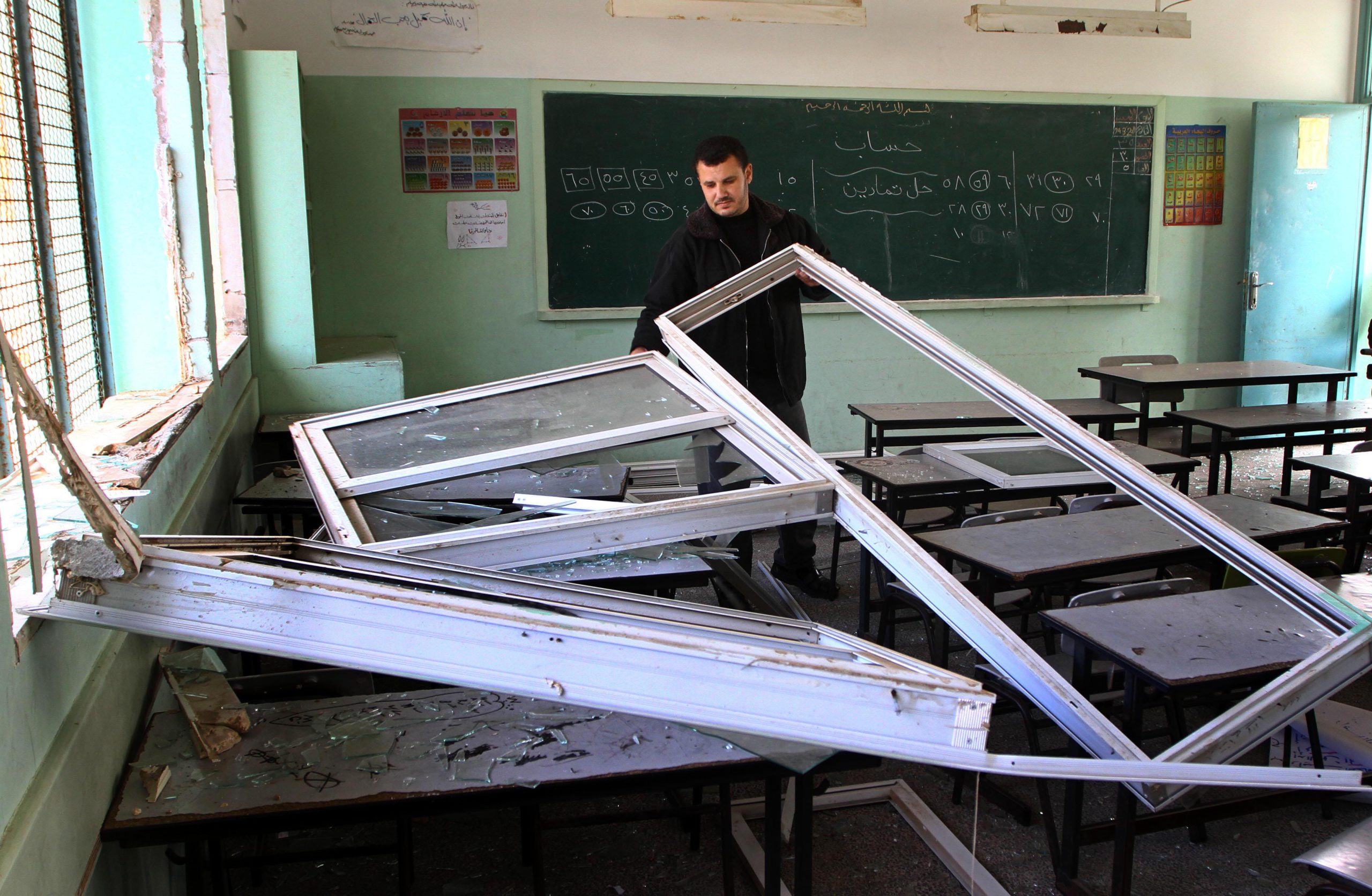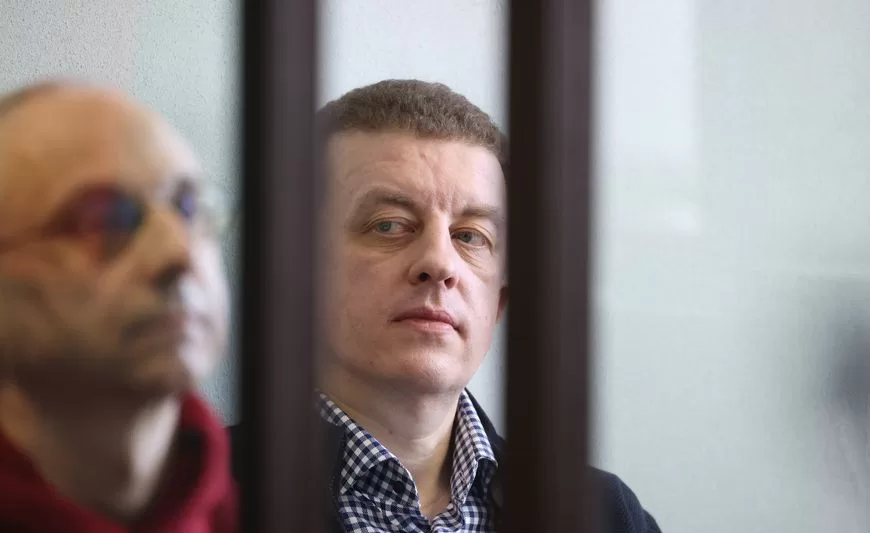In a story of censorship that spans two continents, it was revealed this week that an entire body of scholarly work was cancelled by the Harvard Educational Review (HER) shortly before publication. The work focused on ‘education and Palestine’ and its raison d’être was paramount: Since the war in Gaza started the educational system there has been decimated. All schools have been closed for children for almost two years, and almost 90% of schools will require reconstruction or major work to be functional. Every university in the strip has been partially or fully destroyed too, as have the Central Archives of Gaza, containing 150 years’ worth of documentation, in addition to every ministerial archive of official records. The scholar Henry A Giroux called the destruction “deliberate … part of a broader effort to annihilate Palestinian history and identity”. He used the term (employed by others too) “scholasticide”.
The HER special issue was a response to this, and was going to cover topics including the annihilation of Gaza’s schools. It was due to be published this summer. Contracts had apparently been finalised and articles edited. Then on 9 June, the Harvard Education Publishing Group, the journal’s publisher, cancelled the release. The publisher cited “a number of complex issues”, including the need for “considerable copy editing” and certain legal checks. They claim the cancellation was not “due to censorship of a particular viewpoint”.
Others disagree. “Even within the broader landscape around Palestine in the university, it’s unprecedented. You just don’t solicit work, peer-review it, have people sign contracts, advertise the articles, and then cancel not just one article, but an entire special issue,” said Professor Chandni Desai, author of one of the articles, in The Guardian.
It’s impossible to ignore the wider US context too. Since October 2023 US universities have come under pressure over accusations of tolerating antisemitism on campuses. Many have responded by restricting pro-Palestine speech and scholarship, as we reported here.
But the story goes beyond Palestine. After Donald Trump’s win in November, Index contributing editor, the academic Emma Briant, asked whether academic freedom would survive Trump 2.0. It’s too early to say definitively. What we can say though is it’s being extremely tested. Everyone is familiar by now with the attacks to Columbia University – stripped of funding and given a list of demands, including external oversight for certain academic departments – and of Harvard resisting only to be punished too. Add to these big picture stories smaller ones – academic journals accused by officials of “bias”, threats to ban scientists from publishing in leading peer-reviewed medical journals, government subscriptions to several leading journals ended. Another story from this week: a new government investigation into Harvard’s exchange programme.
Against these two backdrops – a devasted Gazan education system and an embattled US one – an important project to save research on Palestine has been stopped. The knowledge economy is much poorer for it.






